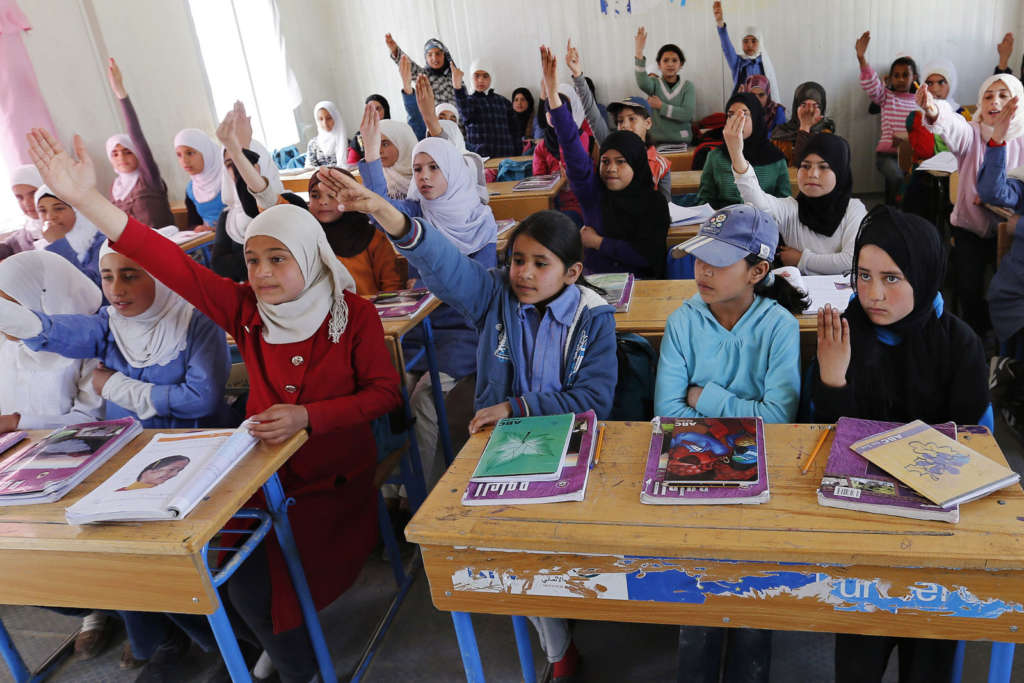Amman, Brussels– Jordan’s Minister of Planning and International Cooperation, Imad Fakhouri, revealed on Monday an agreement with donor countries to hold the Brussels II Conference in the spring of 2018, in order to guarantee continued efforts to mobilize funding in support of countries hosting refugees and to follow up the work progress.
The announcement came during a workshop held in the Dead Sea for sectorial teams representing the twelve sectors covered by the Jordan Response Plan (JRP) to the Syrian crisis.
The European Commission announced in Brussels last week that it would organize the second Brussels conference on supporting the future of Syria and the region in the spring of next year.
EU High Commissioner for Foreign and Security Policy Federica Mogherini announced the news during a high-level meeting on the Syrian crisis, on the sidelines of the 72nd session of the United Nations General Assembly in New York.
The Jordanian minister said that addressing the Syrian crisis and its repercussions was an international duty that “requires a real and clear commitment, for many years, by donor countries and international institutions”, pointing out that Jordan was carrying out this humanitarian mission on behalf of the international community.
“Over time, burdens are increasing and accumulating,” he said, adding that the financial burden of the Syrian crisis – at an annual rate of $2 billion a year, equivalent to about 20 percent of the total domestic budget revenue, or 5 percent per year of GDP – has directly affected, the living standards, in terms of access to public services and the rise of expenses.”
With regards to funding levels, Fakhouri said that despite their improvement last year, there was a 38 percent gap in 2016, as 62 percent of the needs included in the JRP in 2016 were covered, compared with 30 percent in previous years.
In a statement issued last week, Mogherini said that the EU and the international community would launch the “Brussels Process” that “will put our convening power at the service of the Syrian people”.
“Such work would support the Geneva talks on a political transition, which remains the only viable path towards ending the war and stabilizing the country,” she added.
